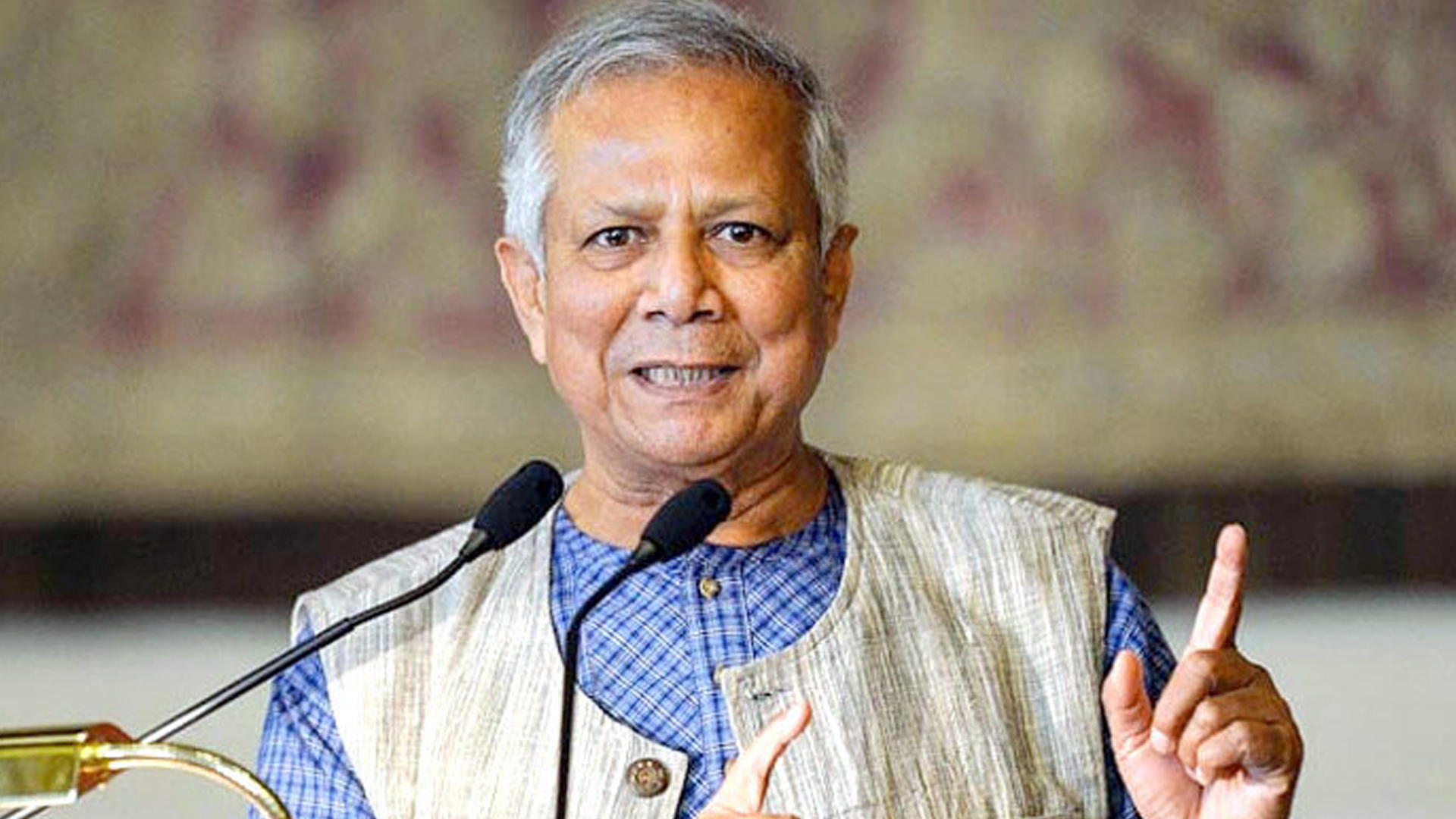
After the fall of Sheikh Hasina's government in a popular uprising in August 2024, an interim government was formed in Bangladesh, led by Dr. Muhammad Yunus. Nine months after coming to power, there has been no significant progress in implementing the promised reforms and the July massacre trial.
A white paper claims that around $16 billion has been laundered annually during Sheikh Hasina's rule, according to a report in The Economist. She is also facing multiple cases of murder, kidnapping and genocide, although she has denied these allegations.
Political parties have been vocal in demanding constructive change, but in practice it has been difficult to implement it. Several reform commissions formed in September 2024 have already made 166 recommendations and have received the opinions of 35 political parties. Based on these, there is a plan to formulate a 'Charter of Consensus' by July.
However, reaching consensus has been difficult, especially on the recommendations of the Women's Rights Commission, which proposed changes to the Islamic inheritance law. This has led to anger among hardline Islamists.

Economically, despite the control of inflation and stability in the banking sector, growth has been weak. Public opinion polls say that 60% of people believe that the law and order situation has not improved.
Meanwhile, the government has suspended all activities of the Awami League and cancelled the party's registration. Although the party still has a social base. Many fear that the Awami League may reorganize if the interim government fails.
Currently, instability is increasing in the country's politics and the path to reform has become more complex and challenging. In the words of Dr. Yunus, "We are trying to repair everything after 16 years of earthquake-like rule. The people are with us, but the path is not easy."